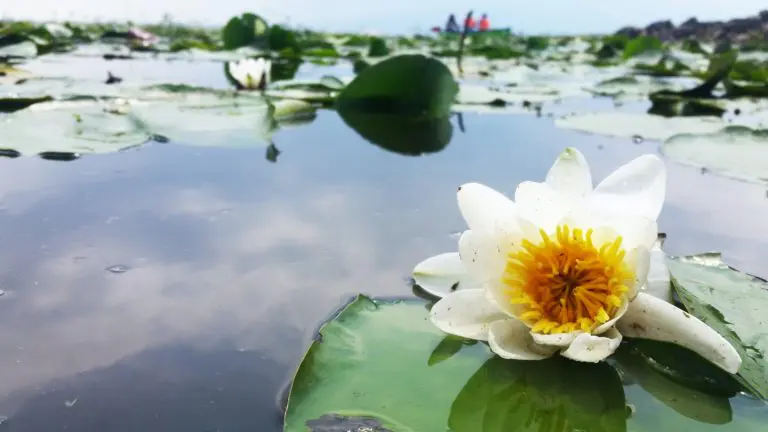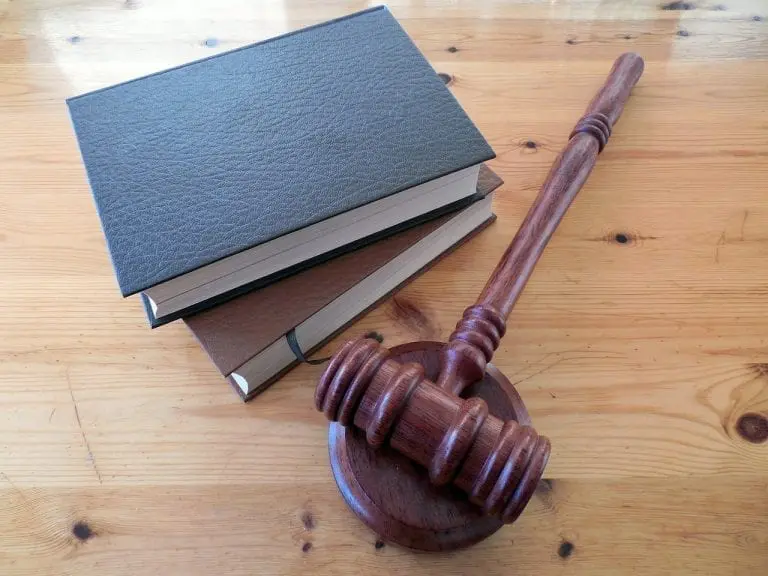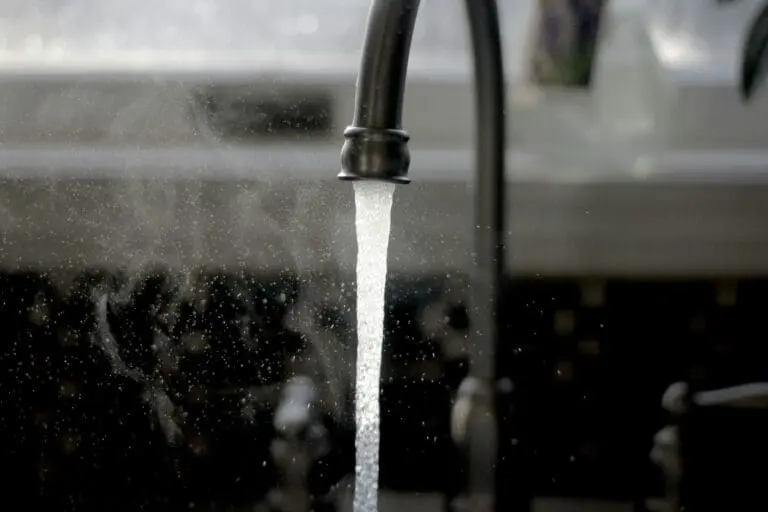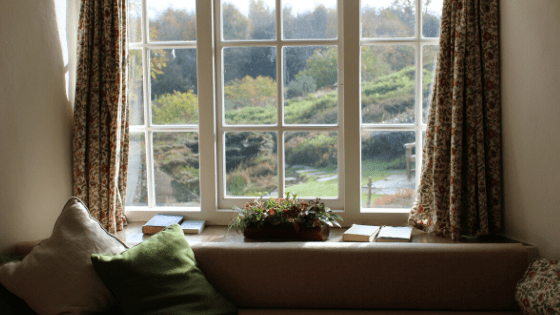Prevent Pipe Leaks At Home With These Tips

Leaky pipes are one of the homeowners’ most common and annoying issues. In fact, the average household wastes up to 11,000 gallons of water annually due to leaky pipes. That’s about the same water used to run the dishwasher 1,800 times or up to 280 loads of laundry. Due to the significant amount of water and money wasted on leaky pipes, you want to ensure that your home doesn’t have one. This article shares expert tips and strategies to prevent pipe leaks at home.
- Schedule Professional Pipe Inspection And Maintenance
Your plumbing system is always working behind the walls and out of sight. As such, most homeowners tend to forget about them until an issue occurs. Don’t be like this, and make it a point always to have a regular professional plumbing inspection.
While you can go the DIY route, hiring an expert can ensure a comprehensive assessment and maintenance of your plumbing, including pipes hidden behind walls, under floors, and on ceilings.
They can help keep your home’s plumbing system in tip-top shape, ensuring no pipes are leaking, which can cause structural damage. In addition, experts can help find even the most minor issues, resolving them right away to prevent further deterioration in the long term.
If you’re interested, you can learn more about Ferguson’s Plumbing services by clicking this URL.
- Check The Water Pressure
One of the easiest ways to prevent leaks from your plumbing pipes is to check the water pressure.
The correct water pressure can ensure healthy pipes. You don’t want it to be too low that it can interrupt your everyday chores. That said, if you haven’t toned down the water pressure and experienced low water pressure, it’s a sign that there may be a leak in your home you don’t know about.
Furthermore, your pipes may be damaged by too much water pressure. This reduces the lifespan of your plumbing components, particularly joints and valves, which are prone to leaks. So, if you turn the tap and a strong jet of water shoots out, the water pressure may be too high. Consider turning it down to prevent unnecessary pressure on your pipes.
In some cases, you may also want to install pressure-reducing valves in your home to help control overall water pressure on your plumbing system.
- Use A Water Softener
Aside from high water pressure, another common culprit that can reduce the lifespan of plumbing components is the water itself. If you live in areas with hard water – which means that the water supply contains high mineral content, your home’s pipes are prone to damage.
Naturally occurring minerals such as calcium or magnesium build up inside plumbing pipes, creating water scales that restrict flow, thereby increasing pressure. What’s more, these mineral deposits can also corrode fittings and joints.
So, how do you know if you have hard water? Typically, a white buildup on faucets and shower heads indicates that you have hard water. Also, if you receive water from your municipality, you can check the annual water report to determine your water quality.
You can install a water softener to deal effectively with hard water. These softeners can use sodium to counteract the minerals found in your water or electromagnetic pulses to dissolve them.
- Prevent Frozen Pipes
In areas where winters can get pretty chilly and drop below zero for weeks, you must take extra measures to prevent your pipes from freezing. Frozen pipes expand, causing strain and damage to fittings, and may result in a plumbing emergency like burst pipes.
Thus, it would be best if you took good care of your pipes during the winter season. For one, you must insulate exposed pipes outdoors and unheated areas, such as the basement, crawl space, and attic. In addition, make sure to drain outdoor pipes, especially gardening water outlets, before the temperature drops.
Lastly, you must keep the tap running for a few minutes or let it drip slowly during extremely cold days. Doing so helps keep your pipes active and reduces the chances of freezing. Another way to prevent leaky and burst pipes due to freezing temperature is to open your cabinet doors. This allows the heated air to circulate into cabinets, warming up the pipes.
Takeaway
Leaky pipes are not only inconvenient and costly, but they may also compromise the integrity of your home when disregarded. Due to the number of problems it may cause, you should keep a closer look at your pipes and ensure that there are no existing leaks. And if you find one, you should get it fixed as soon as possible to prevent further damage.








